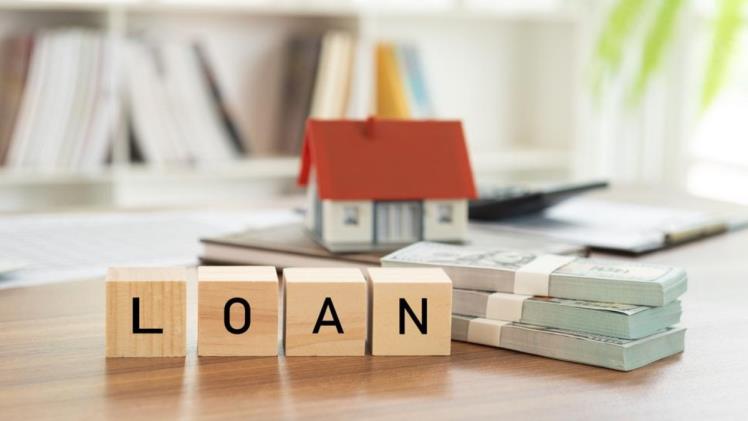Effective financial strategies for first-time home buyers include budgeting, saving for a down payment, checking and improving credit, researching first-time buyer programs, getting pre-approved, comparing loan offers, and considering long-term goals, build an emergency fund, work with real estate agents, stay informed about the market, and provide professional guidance. This strategy makes buying a home easier by aligning your budget with your home ownership goals by making financial decisions.
EMI calculator
You can use this formula to calculate your EMI for a home loan:
EMI = [P x R x (1 + R)^N] / [(1 + R)^N-1]
where:
EMI = Equal Monthly Installment
P = Principal Amount (Total Amount You Borrow)
R = Monthly interest rate (annual interest rate divided by 12 and expressed in decimal)
N = Term of loan in months (year of loan multiplied by 12)
How to use the formula:
Enter your loan principal amount (P).
Enter your monthly interest rate (R). To get the monthly rate, divide your annual interest rate by 12 and convert to a decimal.
Enter your loan term in (N) months. The number of years is multiplied by 12 to convert to months.
Once you have this value, plug in the formula to calculate your EMI.
Alternatively, you can use online EMI calculators or spreadsheets that include financial functions to simplify this calculation. These tools allow you to enter your loan details and they automatically calculate the EMI.
30 lakh home loan EMI calculator
To calculate the EMI for a home loan of Rs 30 lakh with a given interest rate and tenor, you can use the formula mentioned above:
EMI = P[r(1+r)^n]/[(1+r)^n-1]
where:
P = Principal Loan Amount (30,00,000 in your case)
r = Every month’s interest rate (annual interest rate split by 12)
n = Number of months (see loan multiplied by 12)
Let’s say your annual interest rate is 7.5% (0.075 as a decimal) and you want to repay the loan in 20 years (240 months):
Convert annual interest rate to monthly rate: 0.075 / 12 = 0.00625
Determine the number of months: 20 years * 12 months/year = 240 months
Formulate this value:
EMI = 30,00,000 * [0.00625 (1 + 0.00625)^240] / [(1 + 0.00625)^240 – 1]
Calculating this equation will give the estimated EMI for a home loan of 30 lakhs with an interest of 7.5% per annum and a tenor of 20 years. You can use a calculator or spreadsheet software to do the calculations.
Housing loan interest rate!
Housing loan rate of interest, also known as mortgage rates, can vary greatly depending on a number of factors. As per my latest education update in September 2021, here are some important factors that can affect the interest rate you can be offered for a home loan:
Credit score: Your credit score plays an important role in determining your interest rate. In general, borrowers with high credit scores are offered lower interest rates because they are considered less risky by lenders.
Loan type: The type of mortgage can affect the interest rate. Common options include fixed-rate mortgages (where the interest rate stays the same for the entire loan term) and adjustable-rate mortgages (where it changes over time). Fixed-rate mortgages usually have slightly higher initial rates than adjustable-rate mortgages.
Loan Term: The number of terms of your loan can affect your interest rate. Short-term loans (for example, 15 years) often have lower interest rates than long-term loans (for example, 30 years).
Market Conditions: Factors such as economic conditions and inflation can affect interest rates. Changes in central bank policy and broader financial markets also play a role. Lenders can adjust mortgage rates based on economic conditions.
Lower payments: Higher payments can lead to lower interest rates. Lenders often offer better terms to borrowers who can make significantly lower payments, as this reduces the risk.
Lending policy: Each lender may have its own policy and criteria for determining interest rates. Shopping around and getting quotes from multiple lenders can help you find the best rate.
Government programs: Some countries may have government programs and incentives for borrowers, offering lower interest rates or favorable terms.
Economic factors: The overall health of the economy can affect interest rates, including factors such as the unemployment rate and GDP growth.

